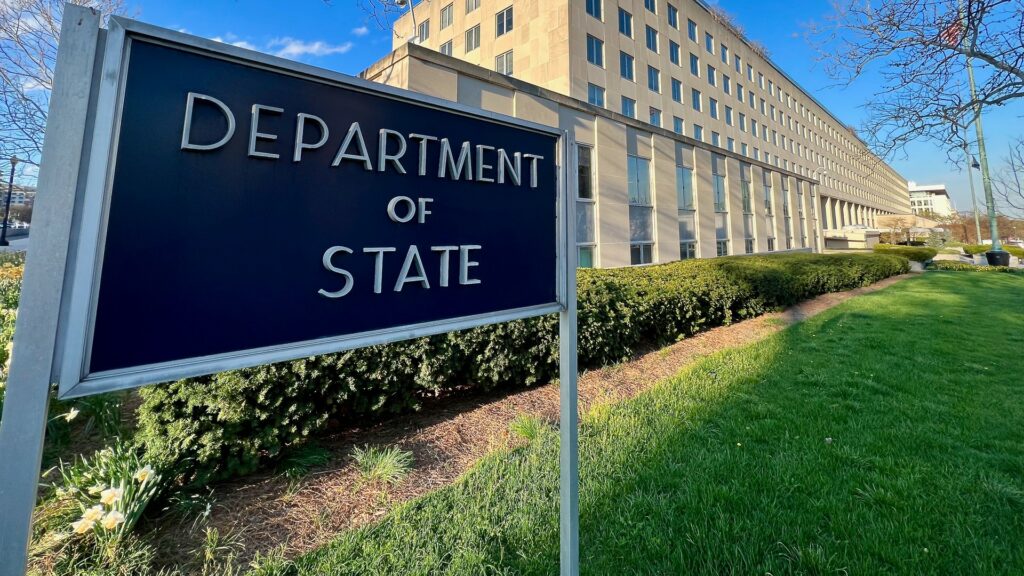Applying for a nonimmigrant visa to the United States can be a daunting task, especially with the involvement of the U.S. Department of State (DOS).
While the DOS plays a crucial role in processing visa applications, mistakes or complications on their part can lead to frustrating delays or even denials. Below are common ways in which the Department of State can inadvertently complicate nonimmigrant visa applications and information on how to potentially mitigate these issues.
Inconsistent visa policies
The Department of State oversees the issuance of nonimmigrant visas, and their policies can change over time or differ between U.S. embassies and consulates. What may have been a straightforward application process in the past can suddenly become more challenging due to shifts in diplomatic relations or policy changes.
Foreign nationals should stay updated on the specific requirements and policies of the U.S. embassy or consulate where they intend to apply for their visa. Consult their website for the latest information.
Lengthy visa appointment wait times
Applicants often face the frustration of long wait times to secure a visa appointment at a U.S. embassy or consulate. High demand, limited appointment slots, staffing issues or seasonal fluctuations can contribute to these delays, making it difficult to plan travel.
Foreign nationals should try to plan ahead and make their visa appointment as early as possible, especially if they have specific travel dates in mind. They should be prepared for the possibility of waiting several weeks or even months for an available appointment.
Each U.S. consular post has its own requirements to expedite an interview appointment, often with a very high standard. If foreign nationals don’t see an appointment for the date they want, they can schedule for the earliest time slot available and then watch for cancellations if they come up.
Visa application errors
The consular officer will often decide whether to approve a visa application based just on the verbal answers to their interview questions and on the information in the visa application, which will be submitted electronically. Mistakes made during the visa application process can lead to, at best, complications, and delays, or at worst, a straight-out denial.
Errors on the application form or failure to provide required supporting documents can result in delays or visa denials. Additionally, the DOS may sometimes make clerical errors while processing an application.
Foreign nationals should contact experienced immigration counsel for guidance about any and all aspects of the application process.
Security and administrative processing
Certain visa applications may trigger security clearances or administrative processing, which can significantly prolong the visa issuance process. While these measures are essential for national security, they can create uncertainty and delays for applicants.
Foreign nationals should be prepared for the possibility of additional screening when applying for certain visa categories, and thus should apply well in advance to allow ample time for any required security checks. Before submission of the application and interview, they should speak to their experienced immigration counsel, who may flag issues that can trigger administrative processing If subjected to administrative processing, experienced immigration counsel may also advise whether federal litigation is a strategic tactic in response to extensive delays.
Inconsistent consular officer decisions
Consular officers have a degree of discretion when adjudicating visa applications. Different officers may interpret visa eligibility criteria differently, leading to inconsistent decisions for similar cases.
Foreign nationals should work with experienced immigration counsel to prepare a well-documented visa application with strong evidence to support their eligibility. They should also meet with their experienced immigration counsel to prepare for the interview process.
Please note: The information obtained in this article is not, nor is it intended to be, legal advice. Please contact the attorneys at Garfinkel Immigration Law Firm for advice regarding each individual situation.
This story was prepared with the assistance of the Alliance of Business Immigration Lawyers (ABIL), of which Garfinkel Immigration Law Firm is an active member.

